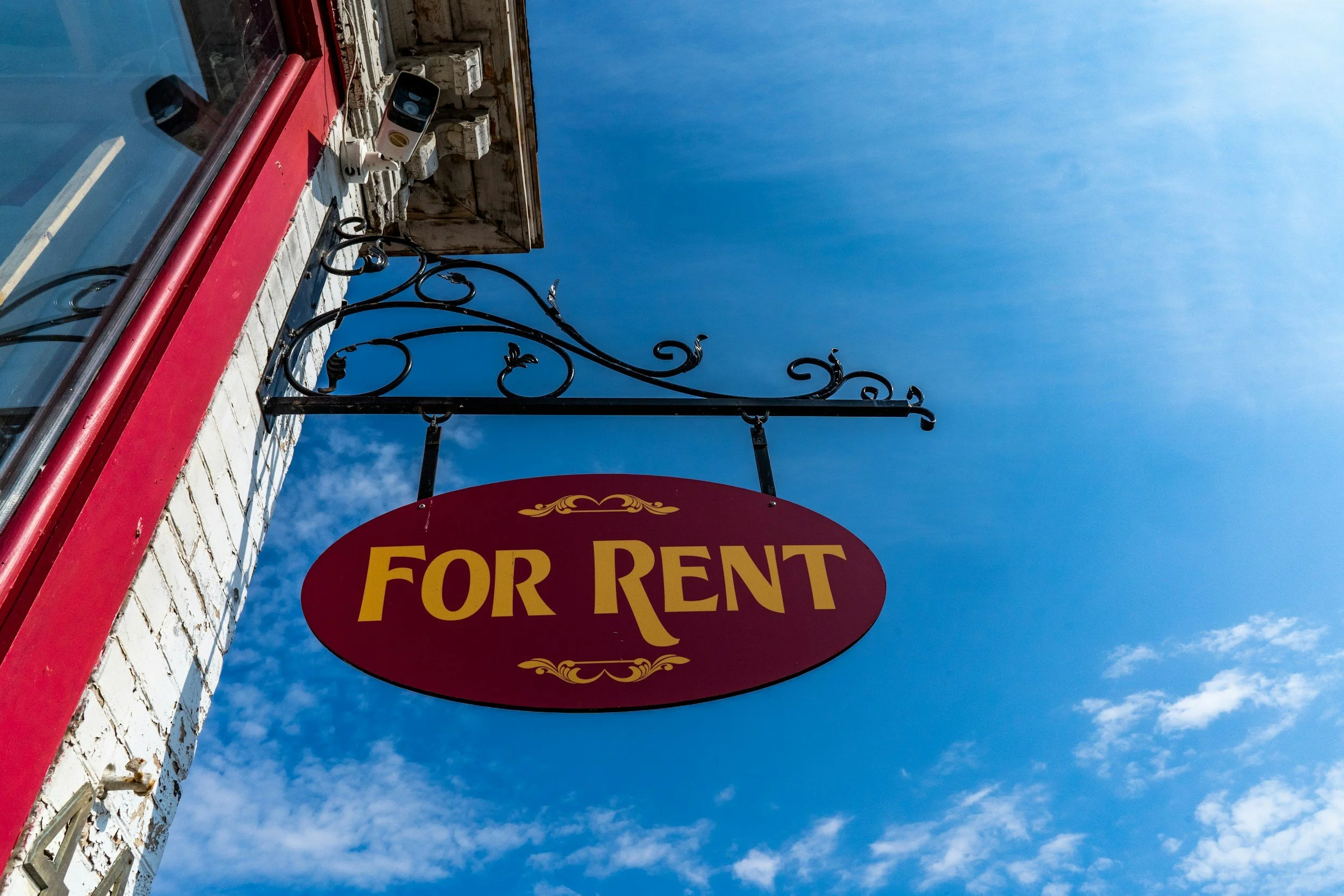Home Equity Increase Nationwide: What It Means for Carolina HOA and Condo Communities
/During the housing bubble of the mid-2000s, mortgage debt ballooned to more than 70% of the nation’s GDP. Today, that number sits closer to 45%. At the same time, household real estate values have surged to roughly 160% of GDP—far higher than the 120% mark we saw at the turn of the millennium.
Put simply: most homeowners today enjoy a large equity cushion.
Why This Matters in Your Community
For individual owners, equity provides peace of mind. For neighborhoods governed by HOAs and condos, it provides resilience and opportunity:
Financial resilience: Owners with substantial equity are less likely to walk away from their homes in hard times, protecting community stability.
Property value preservation: Equity-rich communities tend to maintain higher property values, benefiting every resident.
Confidence in planning: Boards making tough decisions—whether it’s funding reserves, investing in infrastructure, or tackling deferred maintenance—can move forward knowing most owners have a solid financial foundation.
A Story from the Boardroom
In one community we worked with, the board faced a tough decision: whether to move forward with a costly roof replacement project. No one welcomed the idea of higher assessments, but the conversation shifted when members considered the broader picture. Stronger homeowner equity meant that, while the expense was real, neighbors were still building long-term value in their properties. In the end, the board chose to invest in the project—not just to fix a roof, but to help protect the community’s future stability.
Their confidence came from recognizing equity as more than a personal financial number; it was a shared strength that supported sound decision-making.
How Strong Management Protects Equity
Equity cushions don’t remove the need for careful planning. Costs for insurance, utilities, and vendor services continue to rise. That’s where professional management helps keep the balance. A CAI-accredited firm like AMG supports boards with:
Transparent financial reporting to help owners see where their money goes.
Proactive maintenance planning that protects the physical and financial health of the community.
Vendor oversight & accountability to ensure every dollar is well-spent.
Board empowerment tools so leaders can make informed, confident decisions.
The Bottom Line
Equity, beyond its numerical representation on a balance sheet, embodies stability, resilience, and potential. Many associations have observed fewer collection matters escalating to foreclosure in recent years—a trend often linked to stronger homeowner equity. Homeowners’ equity in their properties plays a crucial role. By combining today’s robust homeowner equity with prudent and experienced association management, communities can better safeguard property values and help ensure long-term prosperity.
About the Author
Paul Mengert, CMCA®, AMS®, PCAM®, is the CEO of Association Management Group (AMG), one of the Carolinas’ leading professional community association management firms. With more than four decades of experience, Paul has built AMG’s reputation on local Carolina expertise, CAI-accredited management, and a collaborative approach that empowers boards and enhances communities. A recognized educator and industry leader, he regularly teaches for the Community Associations Institute (CAI). AMG is locally owned and operated.
© 2025 Association Management Group, Inc. All rights reserved.































